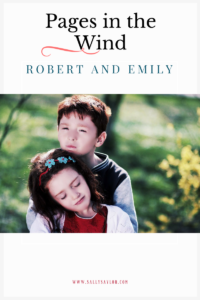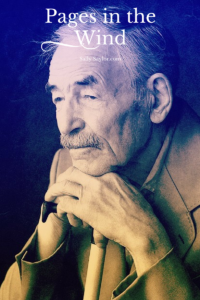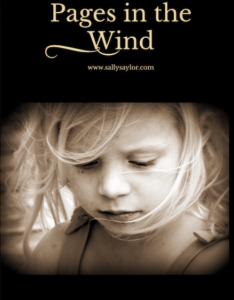Kate – The Seeds of Sibling Rivalry
 Oh, sibling rivalry. I’ve seen it up close. Fortunately, as the only daughter and a middle child…my role was the peacemaker and I didn’t have anyone to compete with (or wasn’t interested). But I did have a front row seat. It was sometimes entertaining, funny, and at times…upsetting. Where does it come from? I’m pretty sure the seeds are planted early. In this scene of my upcoming novel, Brooklyn Bitters, although subtle…you can get a sense how it started:
Oh, sibling rivalry. I’ve seen it up close. Fortunately, as the only daughter and a middle child…my role was the peacemaker and I didn’t have anyone to compete with (or wasn’t interested). But I did have a front row seat. It was sometimes entertaining, funny, and at times…upsetting. Where does it come from? I’m pretty sure the seeds are planted early. In this scene of my upcoming novel, Brooklyn Bitters, although subtle…you can get a sense how it started:
I spooned another helping of gumbo. It felt good to be called a girl at forty-two. As for the beautiful part, I was no Stacey with her sexy body and pretty face. My face wore the signs of too much reading; I had lines between my eyebrows and the beginnings of crow’s feet. I got my dad’s brown eyes instead of Mother’s blue, and my dark hair touched my shoulders with a touch of gray at the temple. At least, I got Ma’s high cheekbones, full lips, and slender, tall frame at five feet nine. I was best described as average. My father always called Stacey the beauty and me the athlete. Of course, I could barely manage twenty push-ups and was always on the tail-end of a one mile run, but he had tried to give me something.


 We all need a place to feel safe. For most of us, it’s our home. After a lousy day at work or a dismal day at school, home is a beacon. But what if home doesn’t offer safety? In this passage from Pages in the Wind, eight-year old Emily, talks about her safe place – Grandma’s house:
We all need a place to feel safe. For most of us, it’s our home. After a lousy day at work or a dismal day at school, home is a beacon. But what if home doesn’t offer safety? In this passage from Pages in the Wind, eight-year old Emily, talks about her safe place – Grandma’s house: I love the sibling relationship between Emily and Robert in Pages in the Wind. I think it’s especially important in an intense book. We need someone to count on. In this excerpt, the tender relationship is defined:
I love the sibling relationship between Emily and Robert in Pages in the Wind. I think it’s especially important in an intense book. We need someone to count on. In this excerpt, the tender relationship is defined: She’s not a villain. She’s not even mean. Claire doesn’t neglect her duties. She educates her children and gives them cultural advantages. She decorates her daughter’s bedroom with beautiful French decor. She studies the teen magazines to make sure her child is dressed in the latest trends. But…you won’t love her. You probably won’t even like her. She’s Claire in Pages in the Wind.
She’s not a villain. She’s not even mean. Claire doesn’t neglect her duties. She educates her children and gives them cultural advantages. She decorates her daughter’s bedroom with beautiful French decor. She studies the teen magazines to make sure her child is dressed in the latest trends. But…you won’t love her. You probably won’t even like her. She’s Claire in Pages in the Wind.


